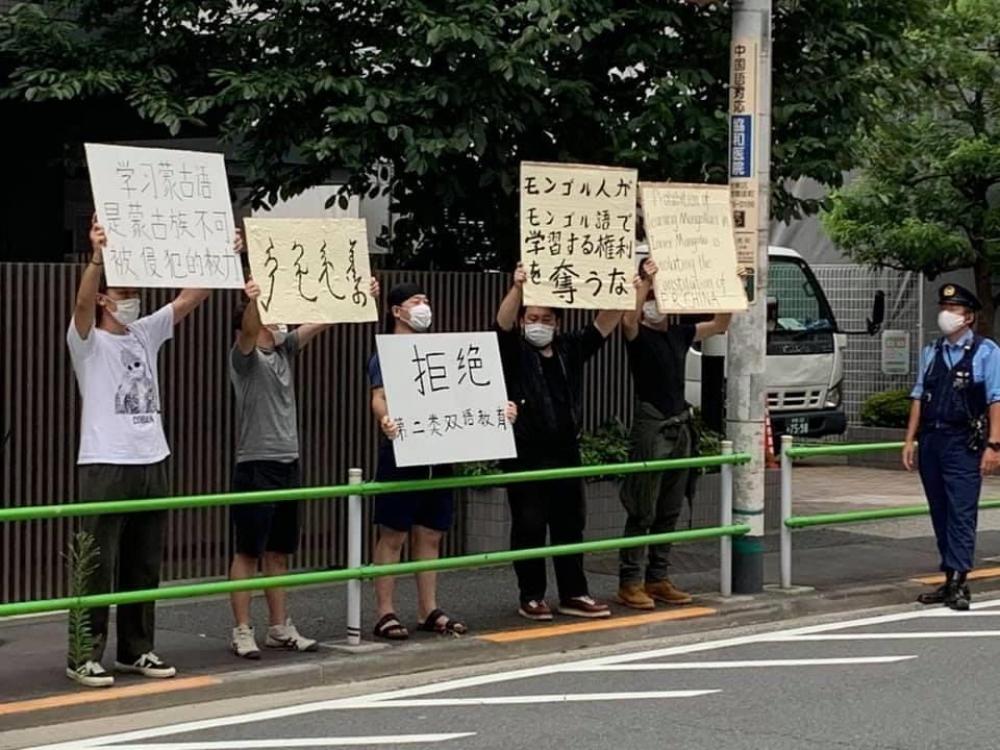Just Earth News | @justearthnews | 10 Sep 2021

Beijing: Xi Jinping's plan to culturally unify the entire country as per the political agenda of the Chinese Communist Party (CCP) has now reached Inner Mongolia.
The autonomous region in China has a strong local Buddhist culture at risk of being assimilated into the Han ethnic majority in mainland China.
Mongolians are witnessing the signs of forced assimilation, including the sidelining of the local language, the destruction or banning of cultural symbols, and the introduction of patriotism classes, The Hong Kong Post reported quoting media reports.
Since 2020, China’s policy to forcibly impose Mandarin Chinese language education has sparked protests in Inner Mongolia including weeks of class boycotts and street protests as ethnic Mongolians denounced the process as “cultural genocide.”
Associated Press reported that Mongolian parents refused to send their children to schools, forcing the education bureau to plead with parents to reconsider their decision. Authorities responded to the protests by deploying riot police and a region-wide heavy-handed crackdown, the news portal reported.
In some cases, the government tried to use force to make students return to school, including threats and arrests, media reports said. The protests have spread to other places in Asia where Mongolians have a sizable presence. The protest demanded the reversal of China’s new education policy, the news portal reported.
China has been facing violent protests in Inner Mongolia over Beijing's decision to impose new education policy in the region.
The policy will mandate a transition to the use of the “national common language", which is Mandarin Chinese, in the local schools.
These institutions were using Mongolian language as the medium of teaching so far.
The new policy, which commenced at the beginning of the new semester in September, has created dissatisfaction in Inner Mongolia, The Economic Times had reported.
The Chinese government has been facing widespread demonstrations from various sections of the society which include Mongolians and Uyghur Muslims over the recent past.
The issue of alleged spreading of COVID-19 pandemic from China has also left Beijing in a tough situation internationally.